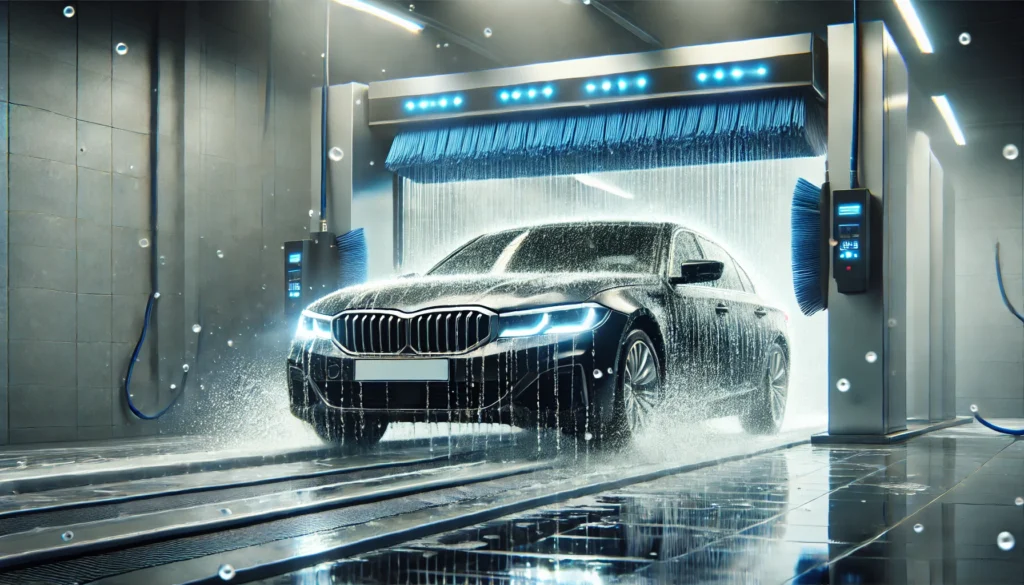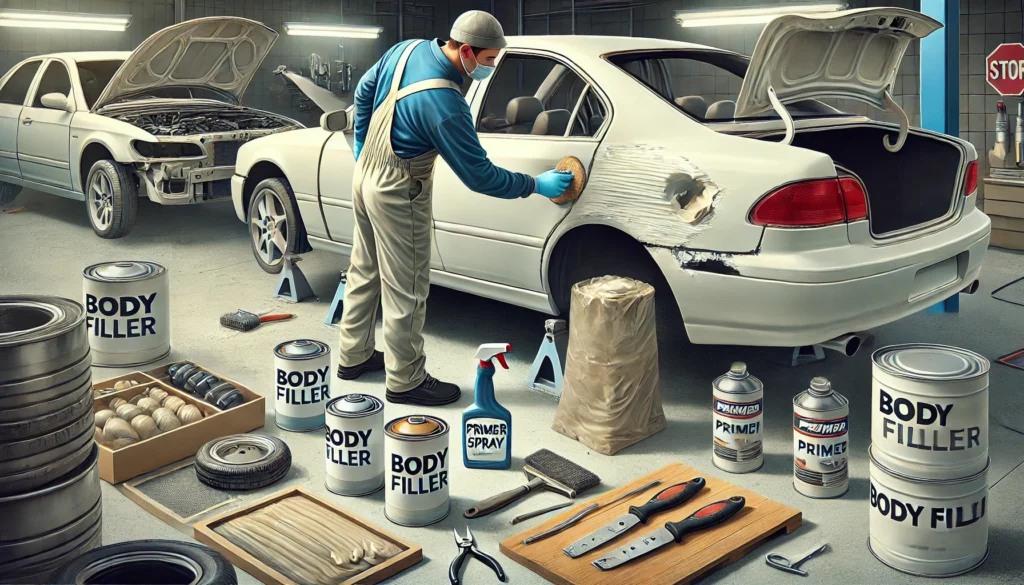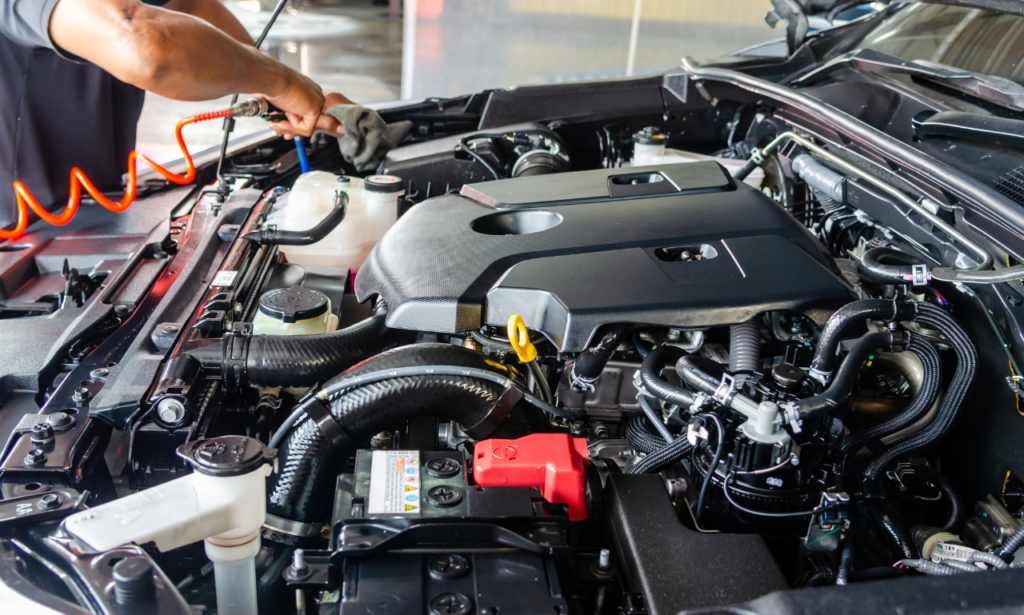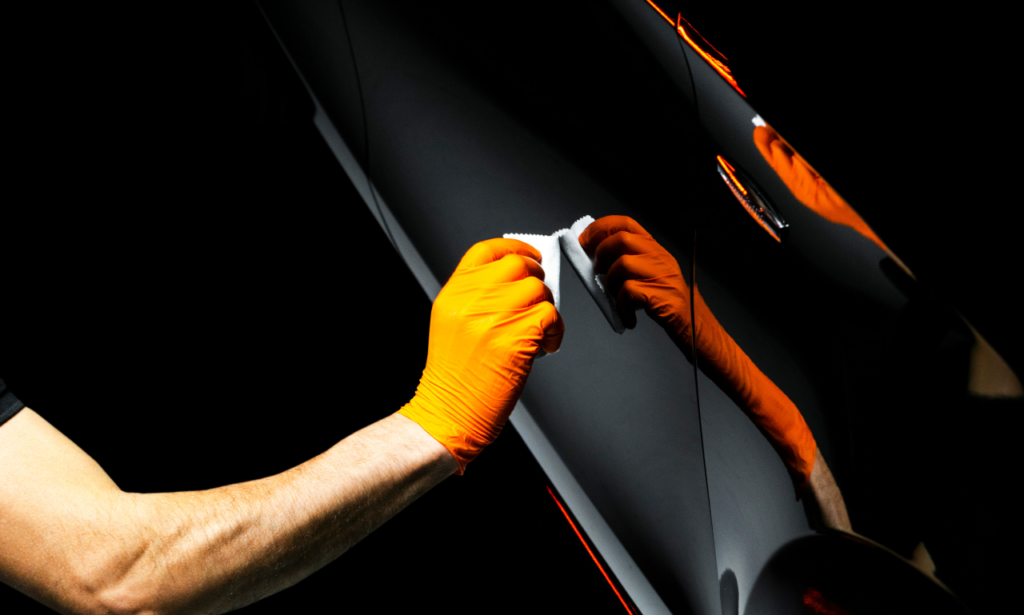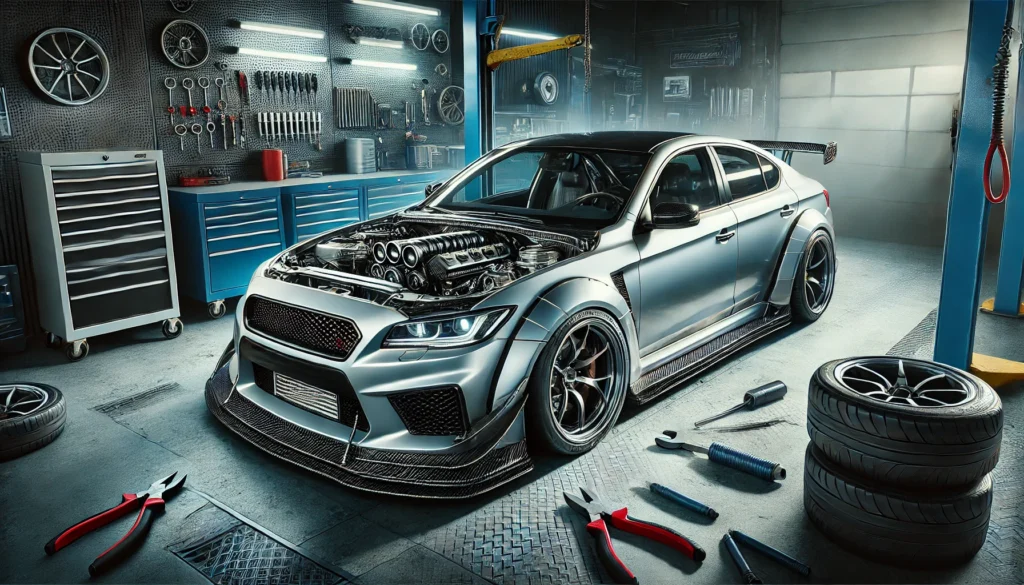Adventures Begin Here
Explore the World with MyCarTrekker!
Discover Hidden Gems, Plan Perfect Road Trips, and Share Unforgettable Journeys.
Automotive
Dive into car reviews, maintenance tips, and automotive adventures.
No posts
News
Stay updated with the latest travel news and trends.
No posts
MOST POPULAR
Stay updated with our newest posts, stories, and travel tips!
No posts
Tech
Tech gadgets, apps, and tools to enhance your travel experience.
No posts
No posts

Get Ready for New Articles!
Automotive, Tech, News, and More – Stay Ahead with the Latest Insights!
Explore cutting-edge articles on AI, technology, and automotive innovations. Subscribe now to never miss an update!


